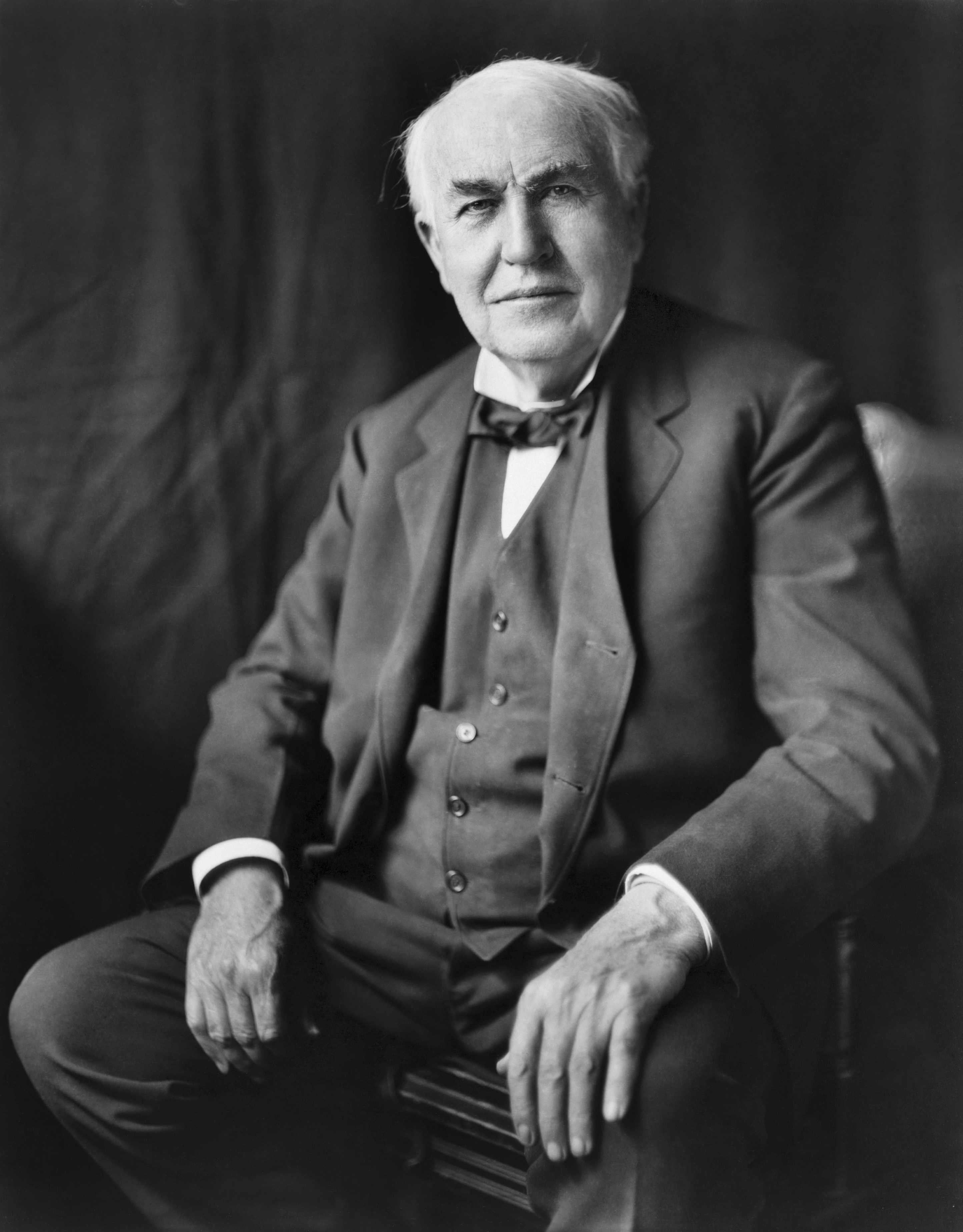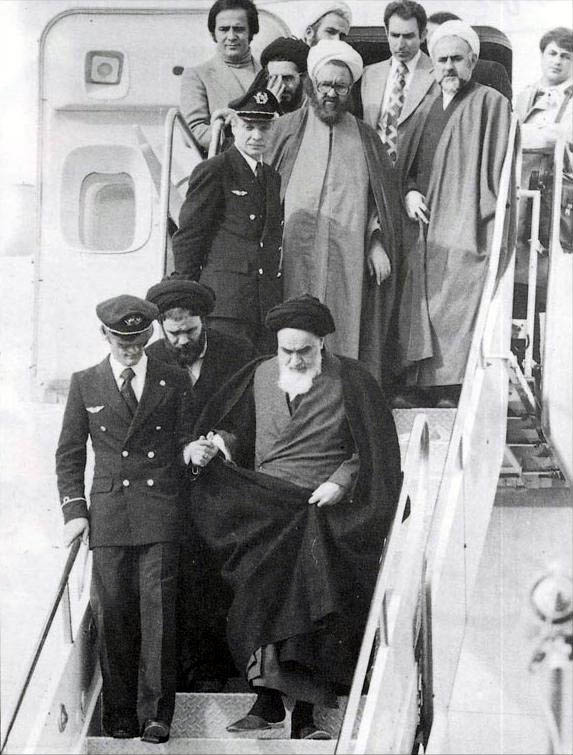See you soon at www.endiscomingblog.com
End.

Where current and historical events meet...for coffee.

July 17th, 2009 – Reporter, journalist, news anchor and personal hero of mine, Walter Cronkite has passed away at the age of 92. It is not necessary to find historical parallels between his career and others because he simply has become part of history. He was there to relate to us great events throughout the twentieth century first on news print, then on radio and eventually on television. Having the ear of millions, he was the voice of information for many decades and here, I remember his life as the voice of history through the extraordinary events he avidly, professionally and passionately covered.
Following his sports journalism in the thirties, Cronkite joined the United Press in the hopes of covering World War 2 and making a name for himself as Murrow would do in the London BBC offices covering the bombings of London itself or as Grossman would do for Soviet newspapers by reporting events of the Eastern front from Stalingrad. Greatly distinguishing himself, Cronkite was allowed to join a bombing run over Germany, to parachute down with the 101st to cover the battle of the bulge and was even assigned to cover the Nuremburg trials of accused Nazi leaders in 1945-46.
He followed a brilliant war-time career with a permanent position at CBS in America. He was to be a late night news reporter but once again, his kindly demeanour and attention to factual detail brought him to the 1952 presidential campaign. After the victory of General Eisenhower and Cronkite’s brilliant coverage, CBS would have no choice but to keep Cronkite as the senior election correspondent for decades to come.
Garnering an array of ever more important shows and responsibilities, he was given the CBS evening news, the first such program in America on which he served from 1962 to 1981. It was here that he became an information superstar and was to champion the highest rated news program for most of his anchorship. Firstly in November of 1963, he was the mellow voice that tragically announced: “In Dallas, Texas, three shots were fired at President Kennedy's motorcade in downtown Dallas. The first reports say that President Kennedy has been seriously wounded by this shooting”. He also kept us at the edge of our seats when Khruschev was amassing a nuclear arsenal in Cuba during the Cuban Missile Crisis. He then upped the ante once again in 1969 and then again in 1970; he was the one to show us Apollo 11’s “One small step for [a] man. One giant leap for mankind” and Apollo 13’s gutwrenching “Houston, we have a problem”.
Opinions despite journalism
Further on, he became a more controversial figure. Keeping in mind he had the ear of Middle America, even president Johnson accepted popular defeat when Cronkite suggested that the Vietnam War was unwinnable. He remained a beloved figure or “uncle Cronkite” as people called him but was also seen as a pinko and communist sympathiser by some. History would prove his assessment of that war quite correct. He fell into further disfavour with high-powered circles when divulging and promoting the importance of the Watergate scandal in 1974; affair that would bring about the downfall of President Nixon.
In his retirement, Cronkite slowly became canonised as a legend of journalism and of the information world as well as an integral part of our conflicted 20th century history. He would also occasionally return to print, to the microphone or online interviewing Margaret Thatcher in the 1983 British elections, providing voice-overs for the movie Apollo 13 in 1995 and in 2006, he was even blogging for the Huffington Post, calling for a withdrawal from Iraq.
His CBS chair was succeeded by Dan Rather (no slouch himself) and then Katie Couric but it will always be Walter Cronkite’s chair. He was the great witness and we will remember him as the soundtrack to the twentieth century’s events.
(Pictured: Middle row, second from left, Cronkite at Nuremburg reports on Herman Goering's arrogance - Cronkite is in Cape Canaveral speaking directly to Armstrong and Aldrin in Apollo 11 - Even in his later years, Cronkite insisted on reporting the Vietnam war as it happened.)


June 25th, 2009 – Famous peoples Farrah Fawcett, Ed McMahon and Michael Jackson have died, arguably before their time. As you may have heard from the non-stop 24-hour coverage on CNN, music networks, MSNBC, Foxnews, Late-night shows, the BBC and even weather and sports channels, Jackson was a music icon, an entertainment superstar and one of the most noticed human beings in history. As you may also have heard nowhere, Farrah Fawcett lost a battle with cancer a few hours before that and Ed McMahon died of old age a few days prior.
I am pleasantly surprised that the news coverage of the King’s death did not follow the usual pattern of canonisation as a paragon of virtuous living. Molestation charges, a Peter Pan complex, hair catching on fire, an extravagant and ruinous lifestyle, a dysfunctional family, the baby dangling, Bobo the monkey, Elisabeth Taylor, Elephant Man bones, rhinestone gloves and facial features changing over the years just as a marbled ice-cream cone left out in the sun have all been extensively covered to fill the dozens of hours retelling us what we already knew. Nevertheless, hundreds of people are remembering the Thriller by standing around the Apollo theatre where he once performed, beside his star on the Hollywood walk of fame or around the O2 arena in
All in all, say it good or say it bad, Michael Jackson has been in all of our lives, whether we wanted it or not, for decades. Consequentially, respect must be paid to the memory of an extravagant, cherished, pitied, spited and wholly bizarre man.
On the other hand, Farrah Fawcett was once on a TV show, inspired international arousal through posters and finally succumbed to medication abuse and general craziness, much like McMahon. These unfortunate celebrities missed their last attempt at a post-mortem comeback through simple bad timing.
Looking back on the entertainment industry, rarely has such a person sparked so much interest, I reiterate good and bad, from so many. Millions remember the influence and participation of these artists in their lives as much as a particularly good teacher or a nice aunt with that weird chin hair. It happens rarely, but certainly once in a while, there is a discernible pattern...
Power corrupts...
In 1980, as the Cold War was limping to an end and as AIDS and fluorescent spandex were just around the corner, John Lennon was tragically shot and killed in
Three years before, in an eerie foreshadowing of Jackson’s career and downfall, another “King” of music had long left behind a life of unlimited earnings, record-shattering sales and a slow decline into strange habits and a body churned through a fun-house mirror. Elvis Presley died of a heart attack at the age of 42 following years of medication abuse and a diet that would clog the arteries of a Chevy. To this day, unconditional fans continue to mourn the passing of the hip-swinging, crooning, bacon-and-banana-sandwich-eating entertainer. A final link between the kings and another nail in the coffin of Bizarre was
Finally, the strange rise and fall of cherished and loathed artists can go as far back as 1791. Sex, drugs and classical symphonies were staples in the life of Wolfgang Amadeus Mozart. A child prodigy himself, he reached the peak of his career in his teenage years and had rapidly jumped from infancy to adulated debauchery, entirely skipping childhood. At 35 years old following unparalleled fame in the great courts of
Mozart, Elvis, Lennon and Jackson are four artists whom stand above the others as outstanding musicians but especially as odd characters whom everyone loved to critique, love and hate. There will surely be another trainwreck along in the next few decades to entertain us and then to make us feel better about ourselves. The King is dead, long live the King.
(and bummer again to Fawcett and McMahon)
(Pictured: Mozart was greatly pressured by his father to perform and bring in the money - Photos of "Later" Elvis are hard to come by - Michael Jackson as we would like to remember him, in 1984.)
End.

 June 12th, 2009 – 42,5 million Iranians are voting today; a record turnout has already been announced by the central Teheran gouvernment as well as by the myriad of international news agencies and democracy watch groups attending. The incumbent candidate, President Mahmoud Amadinejad, is seeking a second term with a conservative, hard-line Islam platform. This election would not be so interesting if there wasn’t an important contender with a real chance to win and a promise for great change. Candidate and former Prime Minister of Iran Mir Hossein Mousavi aims not only to eliminate gouvernment corruption and economic difficulties (we will see) but also to reform the Islamic state itself.
June 12th, 2009 – 42,5 million Iranians are voting today; a record turnout has already been announced by the central Teheran gouvernment as well as by the myriad of international news agencies and democracy watch groups attending. The incumbent candidate, President Mahmoud Amadinejad, is seeking a second term with a conservative, hard-line Islam platform. This election would not be so interesting if there wasn’t an important contender with a real chance to win and a promise for great change. Candidate and former Prime Minister of Iran Mir Hossein Mousavi aims not only to eliminate gouvernment corruption and economic difficulties (we will see) but also to reform the Islamic state itself.